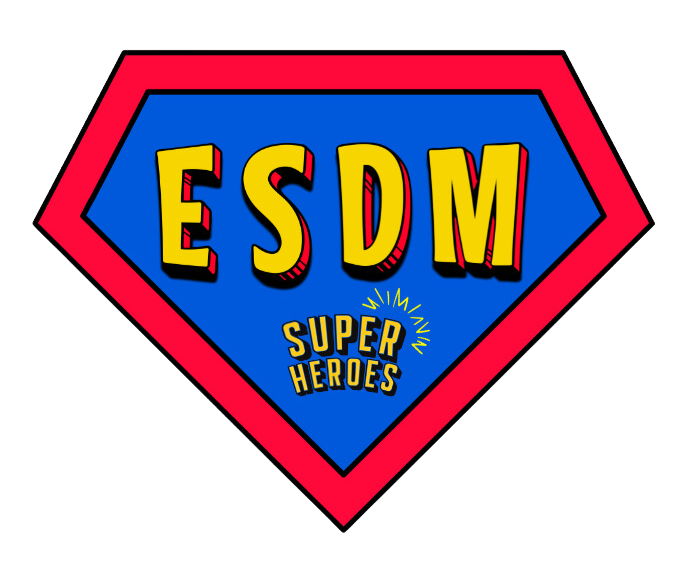In this lesson
Chapter 12 of "An Early Start for Your Child with Autism" emphasises using daily routines to enhance learning, communication, and social skills in children with autism. Key points include:
Routine-Based Approach: Emphasises structured learning opportunities in daily routines.
Tactics for Utilising Routines:
Consistency and Framework
Creating Communication Avenues
Teaching New Abilities
Fostering Autonomy: Encourages independence for confidence.
Establishing Bonds: Builds trust between parents/caregivers and children.
Personalising Approaches: Tailoring strategies to individual needs.
Supporting Emotional Management: Helps regulate emotions.
-
Books and Guides:
"The Early Start Denver Model for Young Children with Autism: Promoting Language, Learning, and Engagement" by Sally J. Rogers and Geraldine Dawson: Provides strategies for developing joint attention skills through play and daily interactions.
"Engaging Autism: Using the Floortime Approach to Help Children Relate, Communicate, and Think" by Stanley I. Greenspan and Serena Wieder: Offers insights into fostering engagement and joint attention in children with autism.
Play Ideas to Promote Joint Attention:
Interactive Toys and Games:
Cause-and-Effect Toys: Toys that elicit a response when activated (e.g., lights, sounds) can enhance joint attention.
Turn-Taking Games: Simple games like passing a ball back and forth or using puppets promote shared focus and interaction.
Visual Supports:
Picture Cards: Utilise visual schedules or choice boards during play to aid communication and joint attention.
Visual Timers: Assist children in understanding and anticipating turn-taking or activity transitions during play.
Structured Play Activities:
Building Blocks: Collaboratively construct structures to encourage joint planning and coordination.
Pretend Play: Utilise props (e.g., play kitchen, doctor's kit) to create scenarios that enhance joint attention and role-playing.
Outdoor Activities:
Nature Walks: Explore outdoor settings, identifying and discussing points of interest together.
Swinging or Playing on Playground Equipment: Engage in activities requiring shared attention and coordination.
Social Play Groups:
Join Local Play Groups: Take part in play groups where children with autism can practice joint attention skills in a supportive setting.
Structured Play Dates: Arrange play dates with peers, emphasising activities that promote interaction and joint engagement.


